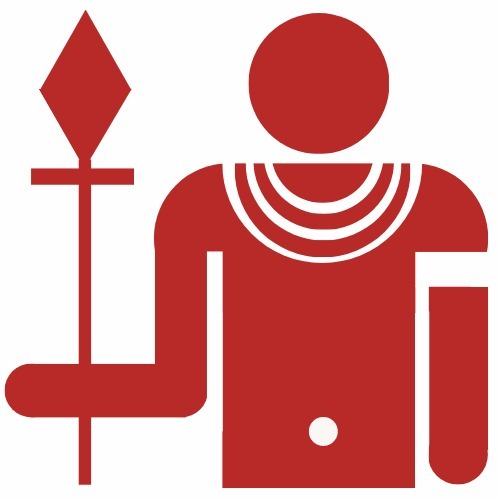Rolled out in 2007, Safaricom didn’t mean a mobile money platform. Infact, the leading mobile subscriber didn’t think of it as a money making business it is today. M-pesa has over the years gained ground in its country of origin and the larger East Africa.
Individuals have acquired the service as the easiest way of banking unlike the earlier depended bank institutions. With the use of M-pesa today, there is not a need for a bank account for millions of people with the service. Banks have also embraced M-Pesa for easy access of currency for its customers. Businesses today use the platform to receive payments for services they offer not forgetting the public transport industry that has of late restricted the facility as the only medium of payment.
With over 78,856 M-Pesa agents in Kenya, citizens only need to check into an agent to send money across borders lately having Europes Romania join the chain of transactions. Among others are Mozambique, South Africa, Tanzania and India. Diaspora has also gained access to send money to the country through the Mobile service.
Salary in most coorprates paid their employees through cheques that took long to mature but has today been replaced by M-Pesa with easy transactions and fast payments. About 43% of Kenya’s $US 40 billion gross domestic product flows through the system and unlike Bitcoin which over the years has overshadowed the real e-finance revolution, M-Pesa is far ahead the fashionable digital currency in transaction number.
M-Pesa is advantageous to countries in which Vodafone has launched it considering the mobile facility uses local flat money which the operator keeps in banks and has picked up customers in countries that have the largest unbanked populations.
By only the use of a personal handset, the service allows transactions to and from the banked and the unbanked individuals leaving banks for savings which the platform still has and large transactions.


